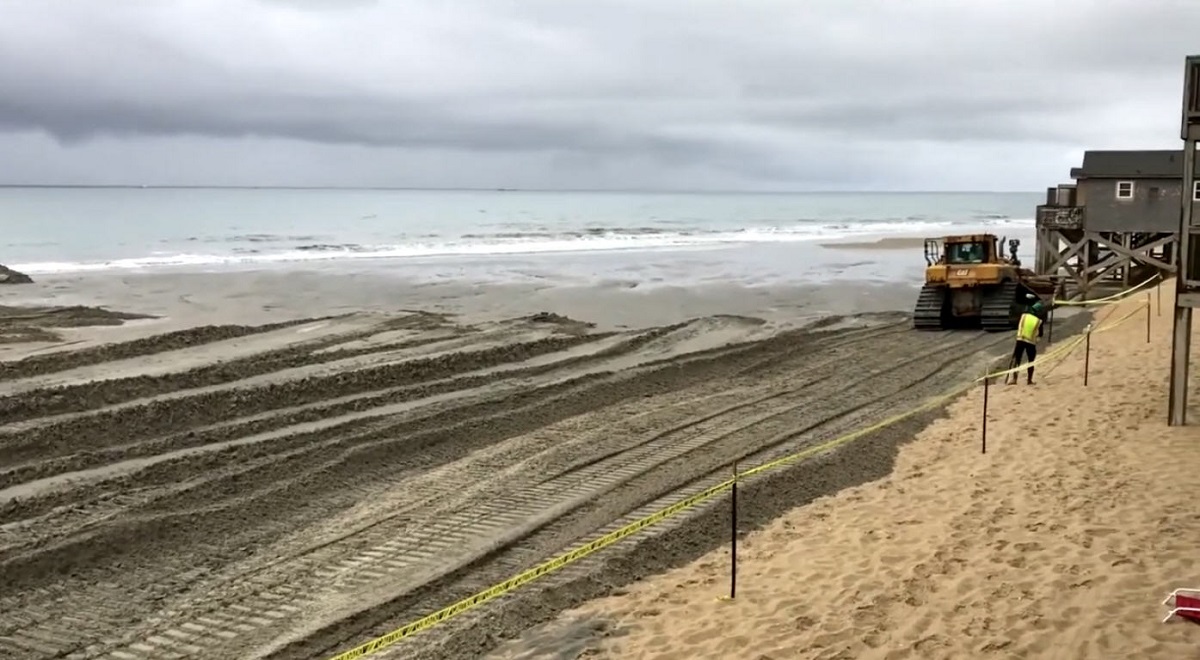WASHINGTON, D.C. — The Senate, in a procedural vote last week, rejected a bill that some say would have encouraged offshore drilling in the Atlantic Ocean by sharing federal revenue with states.
Sen. Bill Cassidy, R-La., introduced the measure, the American Energy and Conservation Act, in June. The bill did not get the 60 votes it needed Thursday for cloture. The vote was 51-47. Sen. Thom Tillis, R-N.C., was a sponsor and voted for the measure. Sen. Richard Burr, R-N.C., voted against the bill.
Supporter Spotlight
The bill proposes a revenue-sharing provision for oil and gas production and offshore wind energy in North and South Carolina, Georgia and Virginia, along with Alaska, giving the states a 37.5 percent cut, and increasing Gulf Coast states’ share of offshore energy revenues.
Republicans said they supported the bill in order to return some of the millions states spend on offshore production and infrastructure.
Democrats and some Republicans argued that the bill was meant to appease the oil industry and would have made offshore drilling in the Atlantic and Arctic oceans more desirable. In addition, some said that the bill would primarily benefit states in the Gulf while taking billions of dollars from the federal government.
The League of Conservation Voters was among the critics of the bill.
Under the Obama Administration, the Department of the Interior announced earlier this year that Atlantic waters would be off limits to oil and natural gas drilling for the next five years.







